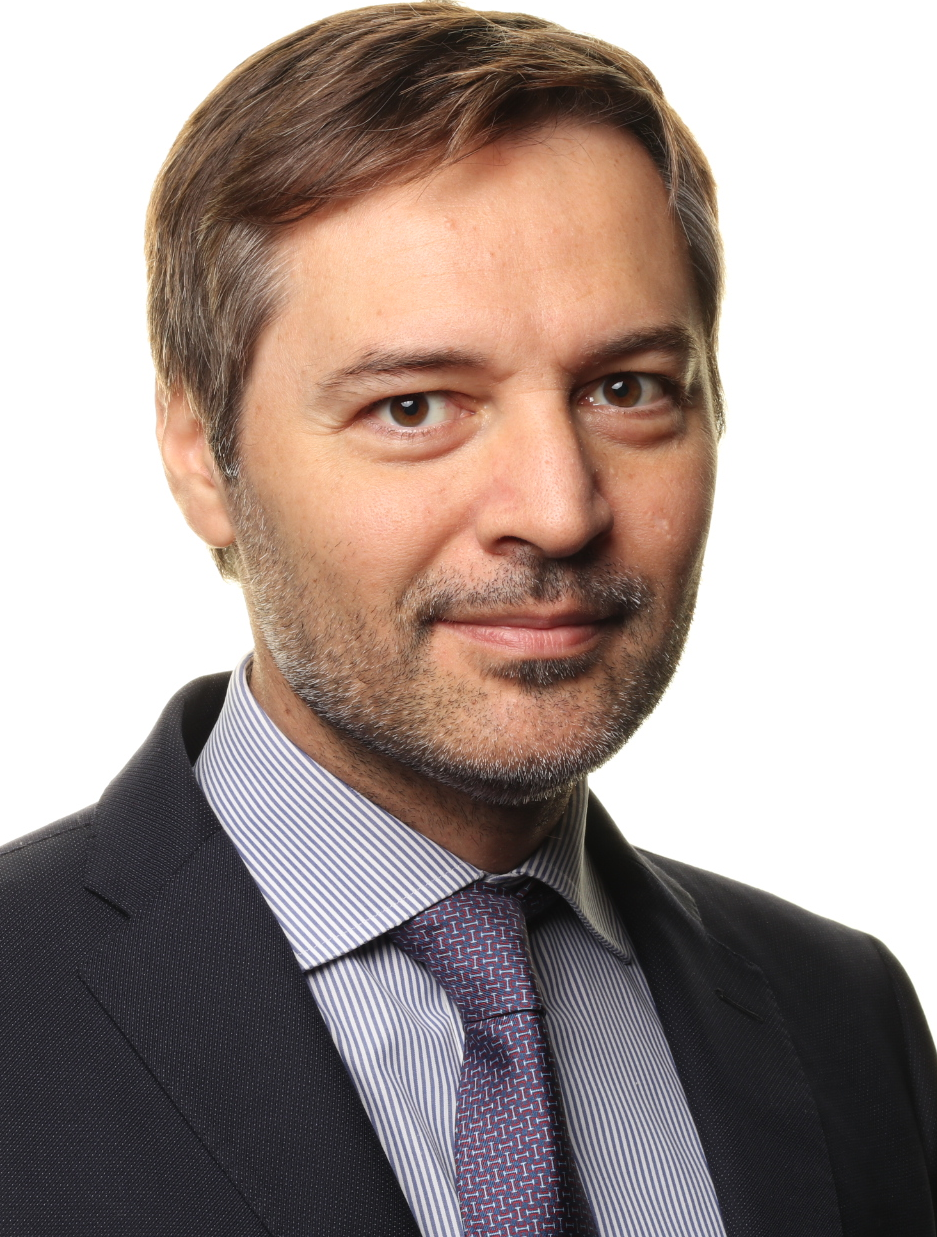International study finds heart inflammation rare among people hospitalized with COVID-19
Research Highlights:
- A new international study found that 54 out of nearly 57,000 adults (a rate of 2.4 of every 1,000) hospitalized due to COVID-19 infection developed acute myocarditis, an inflammation of the heart muscle often caused by viral infections. The study data was from the first 14 months of the COVID-19 pandemic, before the COVID-19 vaccines were broadly available.
- Among the 54 people hospitalized for COVID-19 diagnosed with myocarditis, those who also developed pneumonia were more likely to need a ventilator to help them breathe, and they had an increased risk of death.
- Fulminant myocarditis, a more severe form of myocarditis, occurred in about 40% of those with confirmed myocarditis.
Embargoed until 1 p.m. CT/ 2 p.m. ET Monday, April 11, 2022


Myocarditis is a rare but serious condition that causes inflammation of the heart muscle. It can weaken the heart and its electrical system, and it can make it difficult for the heart to pump blood. An episode of myocarditis may resolve on its own or with treatment or may result in long-lasting damage.
“While COVID-19 is a virus that predominantly leads to acute respiratory illness, there has been a small group of individuals who also experience cardiac complications,” said Enrico Ammirati, M.D., Ph.D., co-lead author of the study and a cardiologist at De Gasperis Cardio Center and Transplant Center at Niguarda Hospital in Milan, Italy. “A small study previously indicated acute myocarditis is a rare occurrence in people infected with COVID-19. Our analysis of international data offers better insight to the occurrence of acute myocarditis during COVID-19 hospitalization, particularly before the COVID-19 vaccines were widely available.”
The international study examined health data for almost 57,000 people who were hospitalized with COVID-19 from February 2020 until April 2021, and who received care at 23 hospitals across the United States and Europe.
Within the large study group, a total of 54 people hospitalized with COVID-19 were identified as having definite or probable acute myocarditis, based upon results of heart muscle biopsy and/or magnetic resonance imaging. Most of the people in this study were non-Hispanic white adults (76.5%), with an average age of 38 years, and more than half were male (61%). All had confirmed cases of COVID-19 infection based upon standard laboratory testing, and none had received a COVID-19 vaccination prior to developing myocarditis.
The study analysis found:
- An estimated 2.4 per 1,000 people hospitalized for COVID-19 had acute myocarditis.
- Acute myocarditis occurred more frequently in people who did not have pneumonia (57.4%) and was complicated by abnormal or unstable blood flow (hemodynamic instability) in 32% of cases.
- The people found to have both COVID-19-related acute myocarditis and pneumonia had a mortality rate of 15.1%, compared to no deaths during hospitalization in the people who did not have pneumonia. The people with pneumonia were older than those without pneumonia (average age of 45 years vs. 30 years, respectively).
- One in five of the people with confirmed myocarditis (20.4%), most of whom also had pneumonia, needed mechanical support for circulation or died while in the hospital.
- Twenty-one individuals (38.9%) had fulminant (severe and/or sudden) acute myocarditis, and due to shock, they needed immediate medication support and mechanical circulatory support.
The authors note the potential rate of COVID-19 related myocarditis may be between 1.2-5.7 per 1,000 people hospitalized for COVID-19. Some people were identified with possible myocarditis based on preliminary testing, yet they were not included in the final analysis because they did not meet all of the study’s protocols.
“This analysis indicates that, although rare, hospitalized patients with acute myocarditis associated with COVID-19 infection have a much greater need for intensive care unit admission, in up to 70.5% of the cases, despite the average age of the individuals in the study being much younger than expected at 38 years old,” said co-lead study author Marco Metra, M.D., a cardiology professor at the Institute of Cardiology and in the department of medical and surgical specialties, radiological sciences and public health at the University of Brescia in Brescia, Italy.
The study has several limitations. Because the analysis was retrospective, there may have been some potential selection bias. Additionally, 43 individuals with possible acute myocarditis were excluded due to a lack of imaging or biopsy information. People older than 70 years of age were also not included because of a higher chance of age-related cardiac issues visible on magnetic resonance imaging. Some people were not screened for other viruses or immunological causes of myocarditis, so there may have been other contributing factors. Further, in some of the hospitals that were heavily hit early in the pandemic, some people with acute myocarditis may have been missed.
Co-authors are Laura Lupi, M.D.; Matteo Palazzini, M.D.; Nicholas S. Hendren, M.D.; Justin L. Grodin, M.D., M.P.H.; Carlo V. Cannistraci, Eng., Ph.D.; Matthieu Schmidt, M.D.; Guillaume Hekimian, M.D.; Giovanni Peretto, M.D.; Thomas Bochaton, M.D.; Ahmad Hayek, M.D.; Nicolas Piriou, M.D.; Sergio Leonardi, M.D.; Stefania Guida, M.D.; Annalisa Turco, M.D.; Simone Sala, M.D.; Aitor Uribarri, M.D.; Caroline M. Van de Heyning, M.D., Ph.D.; Massimo Mapelli, M.D.; Jeness Campodonico, M.D.; Patrizia Pedrotti, M.D.; Maria Isabel Barrionuevo Sánchez, M.D.; Albert Ariza Sole, M.D.; Marco Marini, M.D.; Maria Vittoria Matassini, M.D.; Mickael Vourc’h, M.D.; Antonio Cannatà, M.D.; Daniel I. Bromage, M.D.; Daniele Briguglia, M.D.; Jorge Salamanca, M.D.; Pablo Diez-Villanueva, M.D., Ph.D.; Jukka Lehtonen, M.D.; Florent Huang, M.D.; Stéphanie Russel, M.D.; Francesco Soriano, M.D.; Fabrizio Turrini, M.D.; Manlio Cipriani, M.D.; Manuela Bramerio, M.D.; Mattia Di Pasquale, M.D.; Aurelia Grosu, M.D.; Michele Senni, M.D.; Davide Farina, M.D.; Piergiuseppe Agostoni, M.D.; Stefania Rizzo, M.D., Ph.D.; Monica De Gaspari, M.D.; Francesca Marzo, M.D.; Jason M. Duran, M.D., Ph.D.; Eric D. Adler, M.D.; Cristina Giannattasio, M.D., Ph.D.; Cristina Basso, M.D., Ph.D.; Theresa McDonagh, M.D.; Mathieu Kerneis, M.D.; Alain Combes, M.D.; Paolo G. Camici, M.D.; and James A. de Lemos, M.D. Authors’ disclosures are listed in the manuscript.
This study was funded by an Italian Ministry Grant and the Registry for Cardio-Cerebro-Vascular Pathology in Veneto Region, Italy.
Studies published in the American Heart Association’s scientific journals are peer-reviewed. The statements and conclusions in each manuscript are solely those of the study authors and do not necessarily reflect the Association’s policy or position. The Association makes no representation or guarantee as to their accuracy or reliability. The Association receives funding primarily from individuals; foundations and corporations (including pharmaceutical, device manufacturers and other companies) also make donations and fund specific Association programs and events. The Association has strict policies to prevent these relationships from influencing the science content. Revenues from pharmaceutical and biotech companies, device manufacturers and health insurance providers and the Association’s overall financial information are available here.
Additional Resources:
About the American Heart Association
The American Heart Association is a relentless force for a world of longer, healthier lives. We are dedicated to ensuring equitable health in all communities. Through collaboration with numerous organizations, and powered by millions of volunteers, we fund innovative research, advocate for the public’s health and share lifesaving resources. The Dallas-based organization has been a leading source of health information for nearly a century. Connect with us on heart.org, Facebook, Twitter or by calling 1-800-AHA-USA1.
###
For Media Inquiries and AHA/ASA Expert Perspective: 214-706-1173
Michelle Kirkwood: 703-457-7838, michelle.kirkwood@heart.org
For Public Inquiries: 1-800-AHA-USA1 (242-8721)
heart.org and stroke.org



